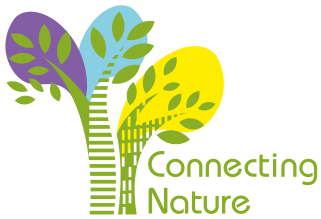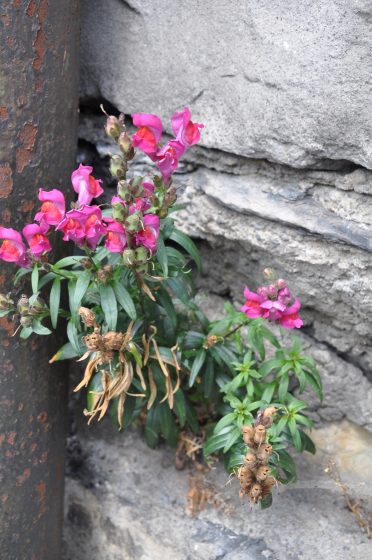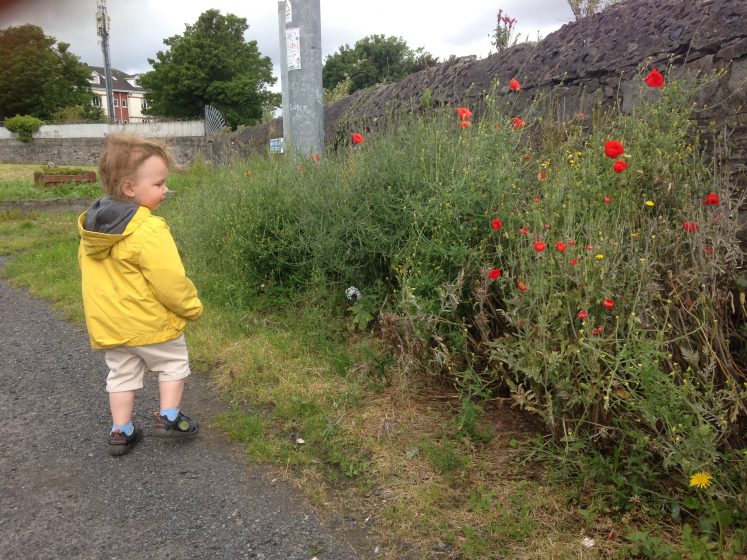How do you imagine you might be changed by it, both professionally, but also personally as you negotiate a new post-virus “normal”?
“The Chinese use two brush strokes to write the word “crisis”; one brush stroke stands for danger, the other for opportunity. In a crisis, be aware of the danger—but recognize the opportunity.” John F. Kennedy, April, 1959
While the first part of this quotation is now recognised as a mistranslation followed by a misinterpretation of Chinese characters, in my opinion the second part is more relevant as an aphorism for me during the COVID crisis. As an ecologist and sustainability scientist, I am well aware of how crisis or disturbance in an ecosystem can negatively impact some species, even to the point of extinction, but also provide opportunities for others. We live in a world of both natural disturbances and, as we all know, significant anthropogenic disturbances. Cities are, for me, the ultimate of anthropogenic disturbances. Their presence and operation does not permit “natural” processes to adapt and/or recover at the same rate as would historically have occurred, and therefore cities are a continual “danger” and “crisis”, to follow JFKs sentiments. This is the part of my work that fascinates me, and this is why I am a more than a little obsessed with urban novel ecosystems! While urban areas of all sizes and scales are increasingly dominating our global ecosystem, within them we observe many differing life forms coping, adapting, and in many cases, thriving. So while I am “trapped” indoors during the COVID crisis, I feel myself wanting to emulate these urban life forms and forcing myself to cope, adapt, and (I hope) thrive. You see, my mission to understand and quantify urban novel ecosystems has been faltering lately, and I have been growing increasingly despondent particularly with my inability to attract funding and interest for creating a citizen science approach to recording the effects of urban novel ecosystems on human behaviour.
Photo: Marcus Collier
However, during the COVID lockdown period I have noticed a significant increase on observations of nature in cities with a plethora of new websites, social medial feeds, and mainstream media observations of nature in cities. The absence of large numbers of people and vehicular traffic is permitting many animals to be brazen; unashamedly wandering through what were once busy streets. It should be said here that it is not the case that there are more animals or more bird song, however it is the case that we are better able to observe them now that the noisy, chaotic background of human activity has been removed and we are forced to “stop and smell the roses”. I love that people are posting their observations, some of them for the first time, and this will make my job a lot easier when I am trying to convey the diversity and resilience of species in urban environments. What is even more exciting is that urban ecologists are being provided, free of charge, with a growing data resource complete with images and geolocations. We are being given a snapshot of what cities could be like when nature is permitted to do its own thing, and thus we have more opportunities for generating theory and measuring urban ecological processes and characteristics. Indeed, this data resource could be an opportunity, in combination with data from transport, air and water quality, and so on, for convincing urban communities, planners and policy-makers of the values of adopting urban regreening strategies. Moreover, this is possibly our best opportunity to definitively prove to our fellow humans that by changing our behaviour we can have greener and healthier cities, and that these greener cities will make us healthier in mind and body; yes, we can cope, adapt and thrive!
Photo: Marcus Collier
Wait, I’m beginning to think that COVID might be doing me out of a job! Well no. With all sorts of tiny wildernesses appearing on walls, or in cracks in the pavement, or in the unmanaged corners of parking lots and parks, for me personally this crisis is providing an opportunity for some of the poorest members of our society, who perhaps cannot afford to visit a national park some distance from the city, to experience what wild nature really looks like. I have been speaking of the potential values of urban novel ecosystems for many years, and finally I am starting to see people voluntarily commenting on the emergent wildness of cities; emergent nature in cities! So, I am excited by the prospect of being able to demonstrate the values of urban novel ecosystems “in the flesh” as it were, and this has provided me with a new resolve to overcome my despondency and try harder to find a means to engage urban communities with wild nature. In this case, the first step is literally on the doorstep!
This essay originally appeared at The Nature of Cities: https://www.thenatureofcities.com/2020/05/03/covid-has-upended-all-the-n...


